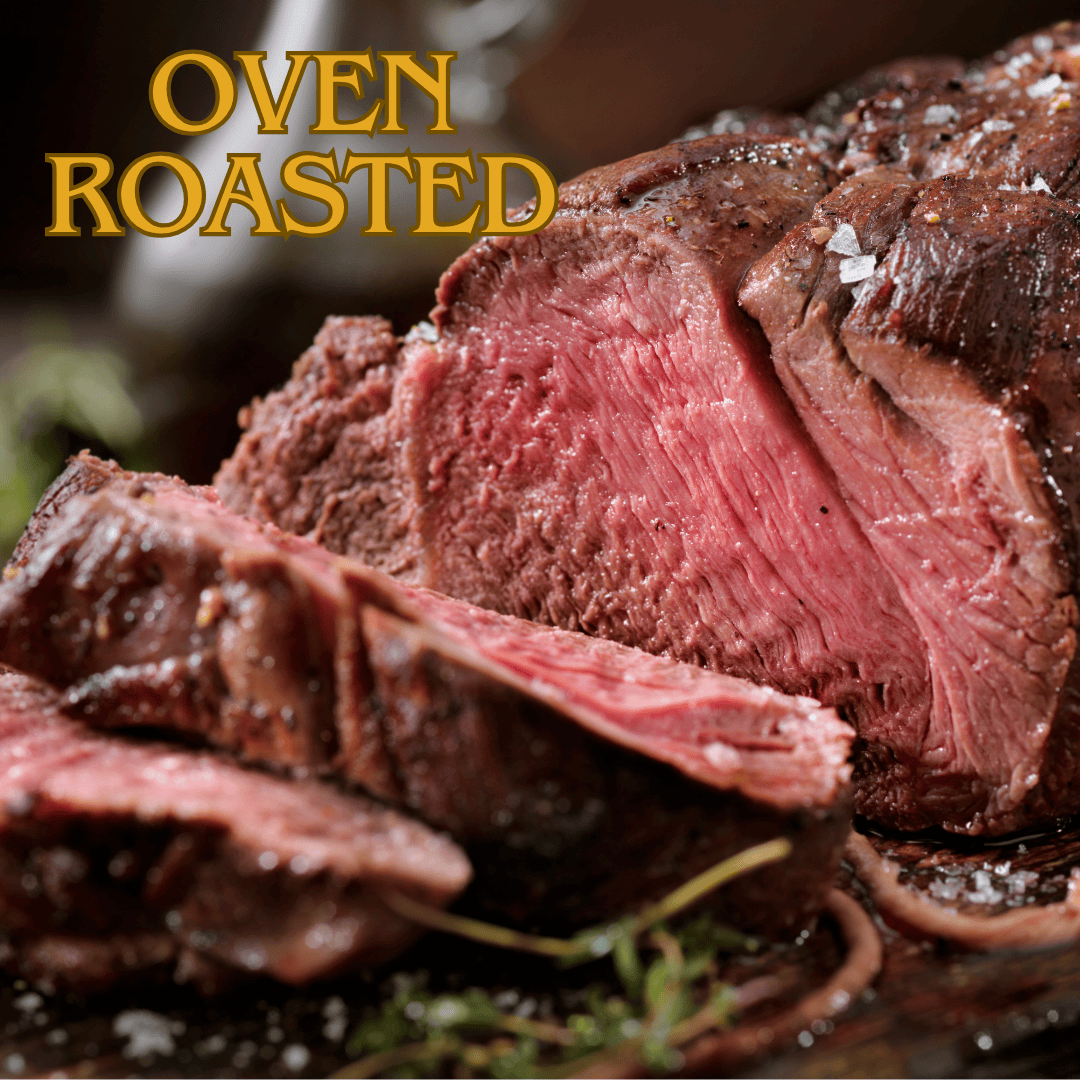It is becoming increasingly difficult to find healthy functioning ecosystems today in our world.We see around us:polluted watererosionlack of diversitythe decline in insects and songbirdsthe decline in wildlife as a wholeIt seems pretty grim...What can be done?Well, this was the topic of a speech Sean and I gave yesterday at the Harvest and Hearth conference at the College of Idaho.We were asked to speak about the Benefits of Ecosystem Restoration.It seems like a complicated topic, but it really means restoring the land around us to a healthy, functioning landscape that includes a diverse mixture of plants, animals, and people.On our ranch, we have been continuing the work Sean's father started (40+ years) with restoring ecosystem function to our ranch after a poor prior history of overgrazing when this part of the country was settled. Proper management can restore degraded landscapes to proper functioning, but it takes more than just management; it also understands and appreciates stewardship.If we are stewards of the land, we realize that this land is not our own; it was given to us by God to manage and care for. It makes us see beyond the short term and look at the long-term health and future of the property we have been called to manage.On our ranch, we have 3 main types of ecosystems:1. Irrigated Native MeadowsImageIrrigated meadows are the backbone of our ranch. They are highly productive, flood irrigated ground that makes amazing feed and forages for our animals.Over 30 years ago, my father stopped using chemical fertilizers on our property. At the time, our organic matter on the ranch was only 3-4% in the meadows, and now today, it is between 5-8% depending on which part of the meadows is sampled. A 1% increase in organic matter increases the amount of water stored by 25,000 gallons per acre. When it rains, the water stays in the ground and does not take off the topsoil and pollute the streams and rivers.Increased Organic Matter > Healthy Soil > Healthy Plants > Healthy Livestock > Health PeopleOur entire business is actually based around soil health, so if the soil is healthy, it directly affects us all the way up to the human person!2. Native RangelandImageThe native rangeland that we are surrounded by was historically overgrazed in the early days of this part of the United States.Since we only get 8-10 inches of rainfall a year, this makes this type of landscape very brittle, meaning if the damage is done to it, it takes a LONG time to recover, thankfully we are at a perfect place now with our rangeland where it has been recovering very nicely for the last 50+ years.Through proper management and stewardship, the rangeland is actually a very productive land that is RICH in the diversity of plants and wildlife.By knowing the critical growing season of the rangeland, we can manage our cattle appropriately to allow the grass to grow to its potential and still stimulate its growth by proper grazing management. We see a very bright future for the rangeland at this point!3. Riparian AreasImageRiparian areas are typically very diverse creek bottoms thick with trees, willows, cattails and support an abundance of wildlife.These areas were also historically overgrazed and had very little willows on them less than 30 years ago.Temporary electric fencing has allowed us to manage these riparian areas and allow explosive growth of willows to happen.This has allowed beavers to move back into our creeks and start making dams. These dams are critical for restoring the water table to a functional height. Instead of a 4-foot deep creek bank, the water is now to the top of them due to the beavers making dams that back the water up.This has been one of the coolest and quickest transformations that we have seen on our ranch since it has only been about 4 years since the beavers have moved in. We used to jump across the creek in most spots to get to the other side. If you want to cross the creek, you have to cross on a beaver dam or go for a swim because the water is about 2-3 feet deep in most spots.By raising the water table, we are less prone to drought and allows our meadows to grow longer even after our water is done for the season. ImageIn the future, all the ecosystems on our ranch are looking very good. As we see more species of plants and animals emerge every year, we know that we are headed in the right direction to restoring our ecosystems to their full function.Through the support of amazing customers, like you, who not only care about your health but the health of the land that makes all this work possible.So thank you for all your support, and you can feel good about eating the meat you have bought from us because you know you are making a direct impact on the health of the land.













































